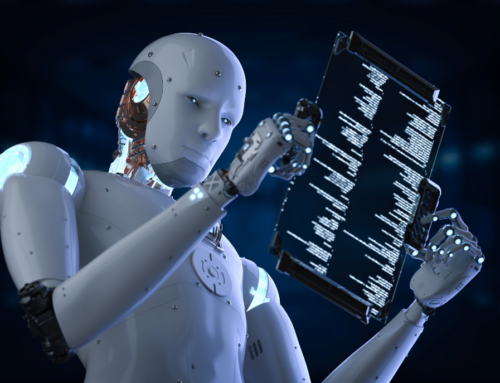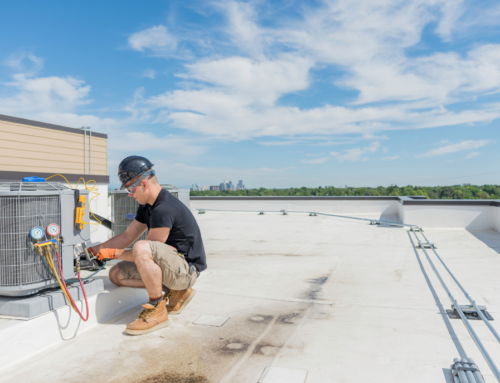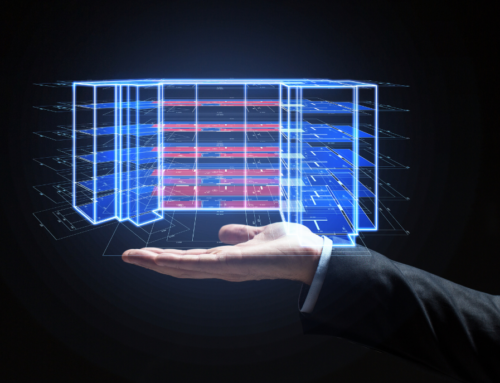Artificial Intelligence (AI) is revolutionizing various industries and the construction industry is no exception. AI is transforming the construction industry by enabling better decision-making, improving safety, reducing costs, and increasing efficiency. In this blog post, we will explore how AI is transforming the construction industry.
Planning and Designing
The construction industry involves complex planning and designing processes. With AI, architects and engineers can use advanced algorithms to analyze and optimize designs, ensuring that the structures are safe, efficient, and cost-effective. AI can also help in generating detailed 3D models of structures, allowing architects and engineers to test different design ideas quickly and easily.
Project Management
AI can assist project managers by providing real-time data analytics, which can help them to make better decisions regarding resource allocation, risk management, and scheduling. With AI, project managers can track the progress of a project, identify potential problems before they occur, and make data-driven decisions that can optimize resources and reduce costs.
Safety
Construction sites are hazardous environments, and safety is a top priority. AI can help to improve safety by providing real-time monitoring of workers and equipment. AI-powered sensors can detect unsafe working conditions, such as hazardous temperatures or dangerous levels of chemicals, and alert workers or shut down the equipment automatically. This technology can reduce the risk of accidents and injuries, making construction sites safer for workers.
Quality Control
AI can help to improve the quality of construction projects by providing automated quality control systems that can detect defects in building materials or structures. These systems can use machine learning algorithms to identify potential issues, allowing construction teams to make necessary repairs before the project is completed.
Maintenance
AI can assist with maintenance tasks by predicting when equipment or systems are likely to fail. Predictive maintenance can reduce the need for reactive maintenance, which can be costly and disruptive. AI-powered systems can analyze data from sensors, logs, and other sources to identify patterns and anomalies, predicting when maintenance is needed and reducing downtime.
In conclusion, AI is transforming the construction industry by enabling better decision-making, improving safety, reducing costs, and increasing efficiency. As the technology continues to evolve, we can expect to see more innovative solutions that will enhance the construction industry and make it more sustainable and resilient.








Leave A Comment